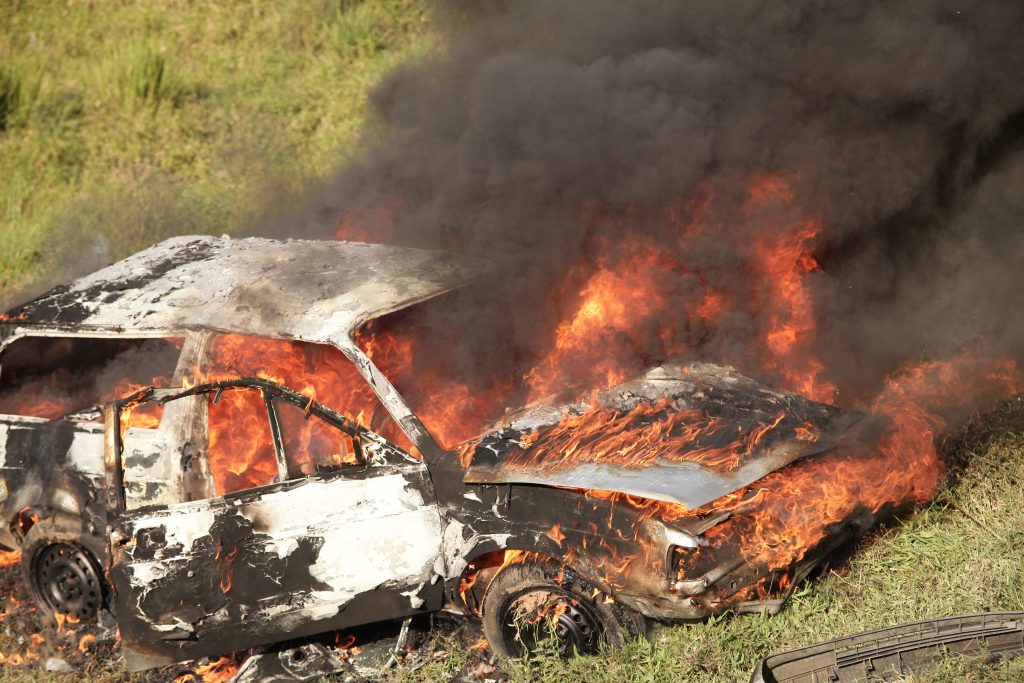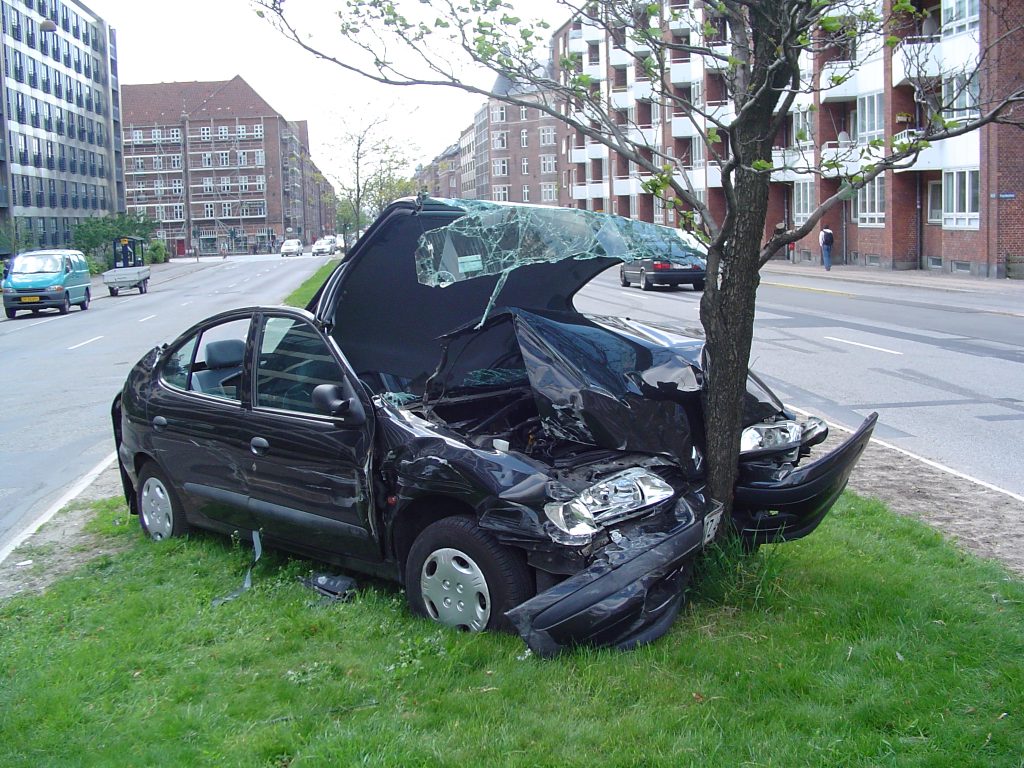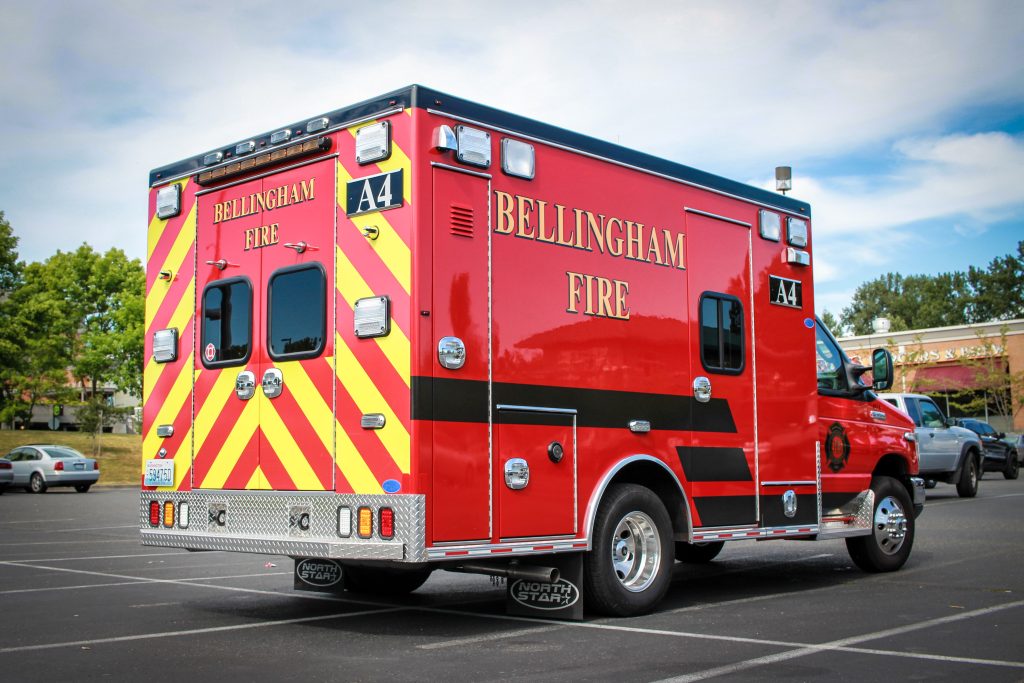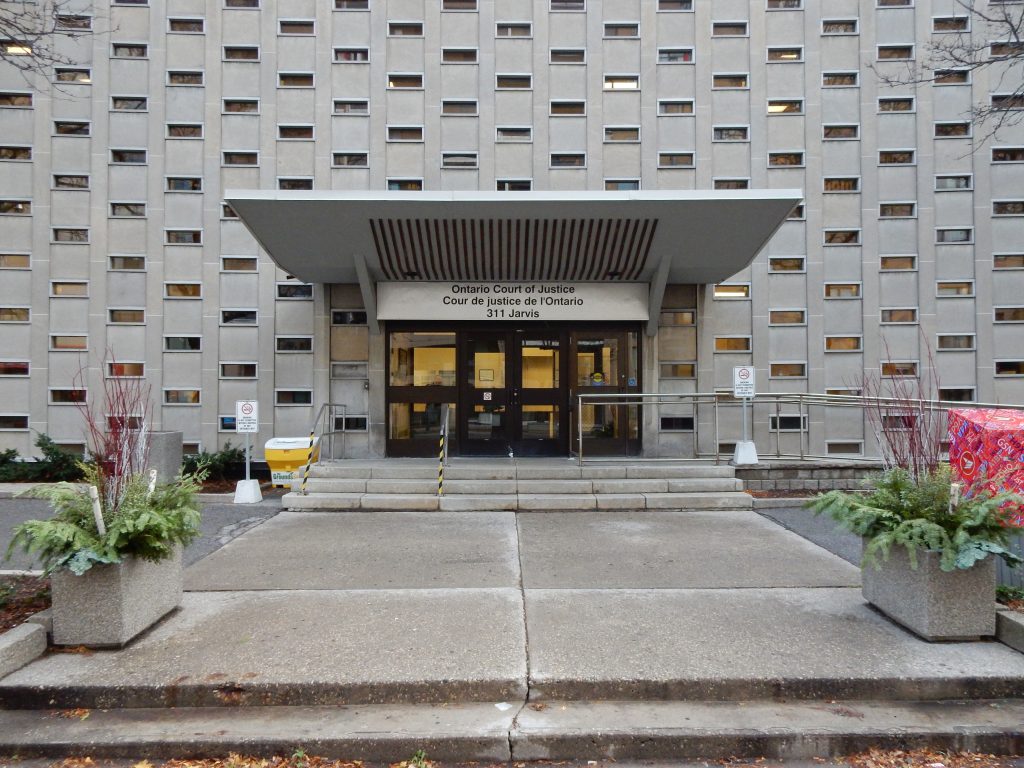 Assigning fault in a vehicle accident can be challenging, especially when witnesses present conflicting accounts of what transpired. The struggle to ascertain the truth becomes even more pronounced when there are discrepancies in testimony regarding the events leading up to the accident. But what happens when conflicting narratives emerge in court? The following lawsuit out of New Orleans helps answer that question.
Assigning fault in a vehicle accident can be challenging, especially when witnesses present conflicting accounts of what transpired. The struggle to ascertain the truth becomes even more pronounced when there are discrepancies in testimony regarding the events leading up to the accident. But what happens when conflicting narratives emerge in court? The following lawsuit out of New Orleans helps answer that question.
Brenda Gaines and Laura Wilson were involved in a car accident on the ramp onto the Chef Menteur Highway in New Orleans, Louisiana. Gaines filed a lawsuit against Wilson and her insurers, claiming she had been injured and her rental car had been damaged. Both Gaines and Wilson testified at trial.
Gaines claimed Wilson made a U-turn without warning and crossed into the far-right lane, where she collided with Gaines. Wilson did not deny making a U-turn but testified she had never changed lanes during the relevant period preceding the accident. Gaines claimed she had fully cleared the exit ramp when the accident occurred. She did not recall whether there had been a yield sign. She believed she did not have a duty to yield to traffic in the right eastbound lane but testified she had looked and did not see any traffic before proceeding.
 Louisiana Personal Injury Lawyer Blog
Louisiana Personal Injury Lawyer Blog


 Unfortunately, heart attacks are one of the most common causes of death. If a loved one suffers a heart attack while on the job and you file a workers’ compensation claim, you must provide evidence to support your claim. But what happens if the employer files a motion for summary judgment before you can complete discovery?
Unfortunately, heart attacks are one of the most common causes of death. If a loved one suffers a heart attack while on the job and you file a workers’ compensation claim, you must provide evidence to support your claim. But what happens if the employer files a motion for summary judgment before you can complete discovery?  If you ever find yourself injured in a car accident, it’s crucial to seek legal advice from a licensed attorney in your jurisdiction. Consulting with an attorney can help you understand your rights and determine if you are entitled to compensation, depending on the allocation of fault. Car accidents can be complex, and navigating the legal process requires expert guidance.
If you ever find yourself injured in a car accident, it’s crucial to seek legal advice from a licensed attorney in your jurisdiction. Consulting with an attorney can help you understand your rights and determine if you are entitled to compensation, depending on the allocation of fault. Car accidents can be complex, and navigating the legal process requires expert guidance.  From a serious crash to a minor fender bender, car accidents take a devastating emotional and financial toll on the people involved. Common principles of fairness suggest that if a distracting passenger helped cause the crash, they should also be liable to help pay. Unfortunately, deciding which acts are sufficiently distracting enough to warrant liability in comparative negligence law can be complicated. The thought-provoking lawsuit of Christy Robinette versus Old Republic Insurance Company sheds light on this issue, raising the question: Should courts restrict liability for passengers who contribute to distractions?
From a serious crash to a minor fender bender, car accidents take a devastating emotional and financial toll on the people involved. Common principles of fairness suggest that if a distracting passenger helped cause the crash, they should also be liable to help pay. Unfortunately, deciding which acts are sufficiently distracting enough to warrant liability in comparative negligence law can be complicated. The thought-provoking lawsuit of Christy Robinette versus Old Republic Insurance Company sheds light on this issue, raising the question: Should courts restrict liability for passengers who contribute to distractions? Determining liability can be complex when a car crash occurs and even more so when one of the vehicles involved is an ambulance. In Louisiana, the law applies a unique standard of care to emergency vehicle drivers. So what are the liability standards for ambulances and other emergency vehicle drivers involved in car accidents? The following lawsuit out of Lafayette, Louisiana, helps answer that question.
Determining liability can be complex when a car crash occurs and even more so when one of the vehicles involved is an ambulance. In Louisiana, the law applies a unique standard of care to emergency vehicle drivers. So what are the liability standards for ambulances and other emergency vehicle drivers involved in car accidents? The following lawsuit out of Lafayette, Louisiana, helps answer that question. We have all heard advice not to procrastinate. This is especially true if you are considering bringing a lawsuit. If you are considering filing a medical malpractice lawsuit against your doctor, you cannot wait indefinitely because Louisiana law has strict time limits for filing medical malpractice lawsuits. The following case out of Lafayette Parish shows the harsh consequences if you delay filing your case.
We have all heard advice not to procrastinate. This is especially true if you are considering bringing a lawsuit. If you are considering filing a medical malpractice lawsuit against your doctor, you cannot wait indefinitely because Louisiana law has strict time limits for filing medical malpractice lawsuits. The following case out of Lafayette Parish shows the harsh consequences if you delay filing your case. We all like to think we can rely on other people’s assertions that something is safe. But what happens when it turns out someone is making misrepresentations about safety? Can they be held liable for resulting injuries? The following lawsuit out of St. Landry parish helps answer that question.
We all like to think we can rely on other people’s assertions that something is safe. But what happens when it turns out someone is making misrepresentations about safety? Can they be held liable for resulting injuries? The following lawsuit out of St. Landry parish helps answer that question. One of a parent’s worst nightmares is something happening to their child. This case delves into the heart-wrenching incident of a young child being struck by a neighbor’s car, leading to a complex legal battle to determine responsibility for the resulting injuries. While the child eventually recovered, the accident’s aftermath unleashed a lawsuit that delved into conflicting accounts and legal statutes governing pedestrian conduct. By examining the trial and appellate court’s proceedings, we gain insights that help answer the question: How does a court determine liability in a child pedestrian accident?
One of a parent’s worst nightmares is something happening to their child. This case delves into the heart-wrenching incident of a young child being struck by a neighbor’s car, leading to a complex legal battle to determine responsibility for the resulting injuries. While the child eventually recovered, the accident’s aftermath unleashed a lawsuit that delved into conflicting accounts and legal statutes governing pedestrian conduct. By examining the trial and appellate court’s proceedings, we gain insights that help answer the question: How does a court determine liability in a child pedestrian accident? In personal injury cases, plaintiffs are often left vulnerable due to the accidents leading to their injuries. Hence, they require excellent attorneys who don’t exploit these vulnerabilities but instead zealously advocate on their behalf. For Claude Allen Newsome (“Newsome”), a November 2010 car accident in Bossier Parish, Louisiana, left him without sight, which was a direct result of macular degeneration caused by the accident. After that, Newsome was deemed legally blind and rendered a person with quadriplegia. Newsome appointed Robert Lansdale (“Lansdale”) as his power of attorney. What unfolded while seeking damages on behalf of Newsome demonstrates the necessity to lodge objections on the record and timely appeal matters.
In personal injury cases, plaintiffs are often left vulnerable due to the accidents leading to their injuries. Hence, they require excellent attorneys who don’t exploit these vulnerabilities but instead zealously advocate on their behalf. For Claude Allen Newsome (“Newsome”), a November 2010 car accident in Bossier Parish, Louisiana, left him without sight, which was a direct result of macular degeneration caused by the accident. After that, Newsome was deemed legally blind and rendered a person with quadriplegia. Newsome appointed Robert Lansdale (“Lansdale”) as his power of attorney. What unfolded while seeking damages on behalf of Newsome demonstrates the necessity to lodge objections on the record and timely appeal matters. For purposes of seeking an appeal, there is great importance in preserving the record, which may be done through admitting evidence at trial to support relevant claims. When the record has not been established at trial, it is difficult for the best attorneys to succeed on appeal. William Taylor (Mr. Taylor), the plaintiff in his case brought against Hanson North America (Hanson), ran into this evidentiary legal hurdle when he appealed the Office of Workers’ Compensation (OWC) decision denying his motion to Louisiana’s First Circuit Court of Appeal.
For purposes of seeking an appeal, there is great importance in preserving the record, which may be done through admitting evidence at trial to support relevant claims. When the record has not been established at trial, it is difficult for the best attorneys to succeed on appeal. William Taylor (Mr. Taylor), the plaintiff in his case brought against Hanson North America (Hanson), ran into this evidentiary legal hurdle when he appealed the Office of Workers’ Compensation (OWC) decision denying his motion to Louisiana’s First Circuit Court of Appeal.